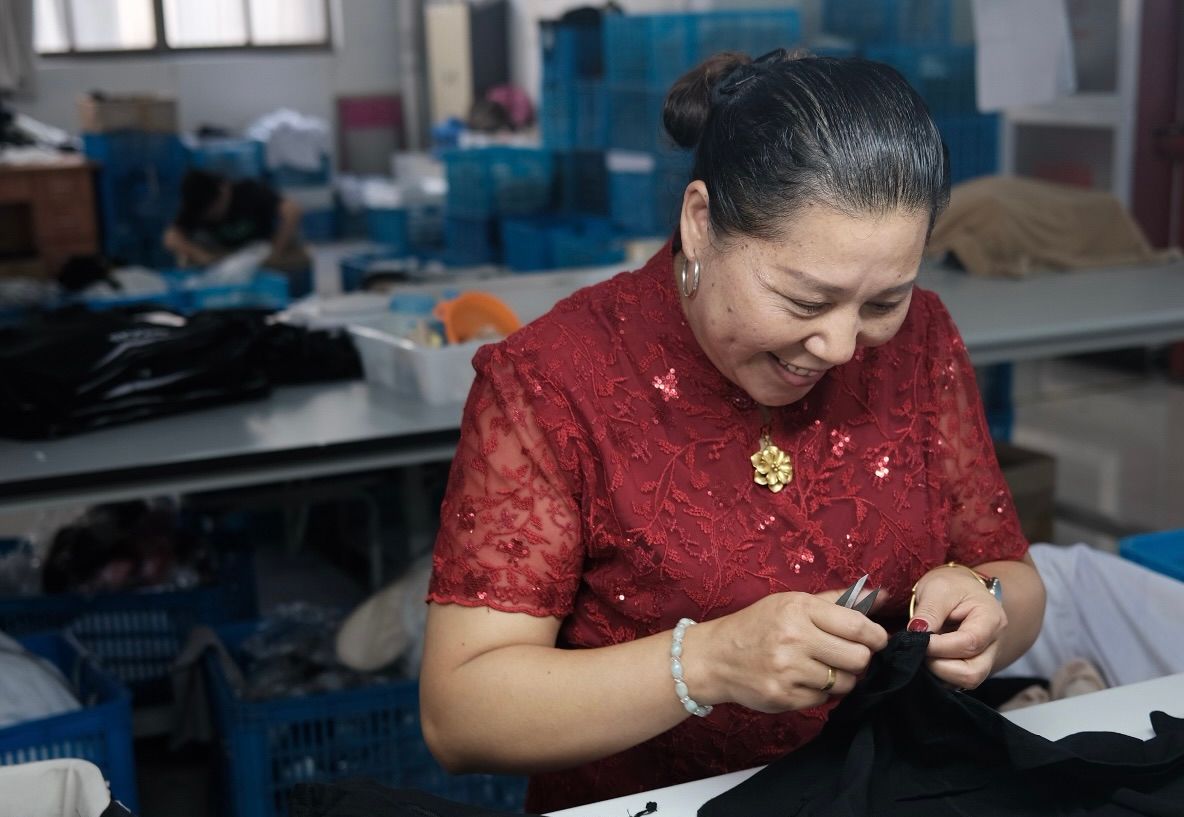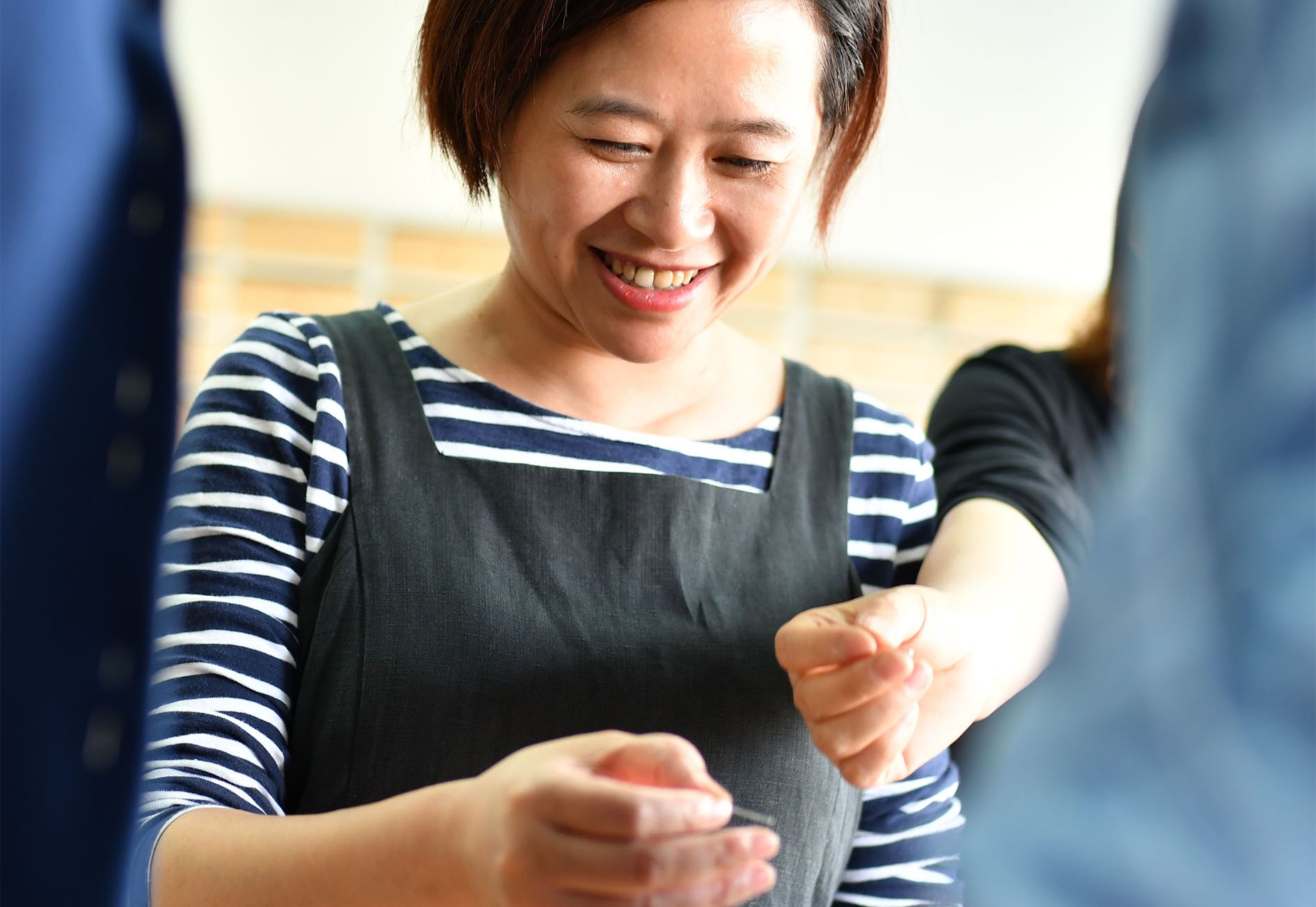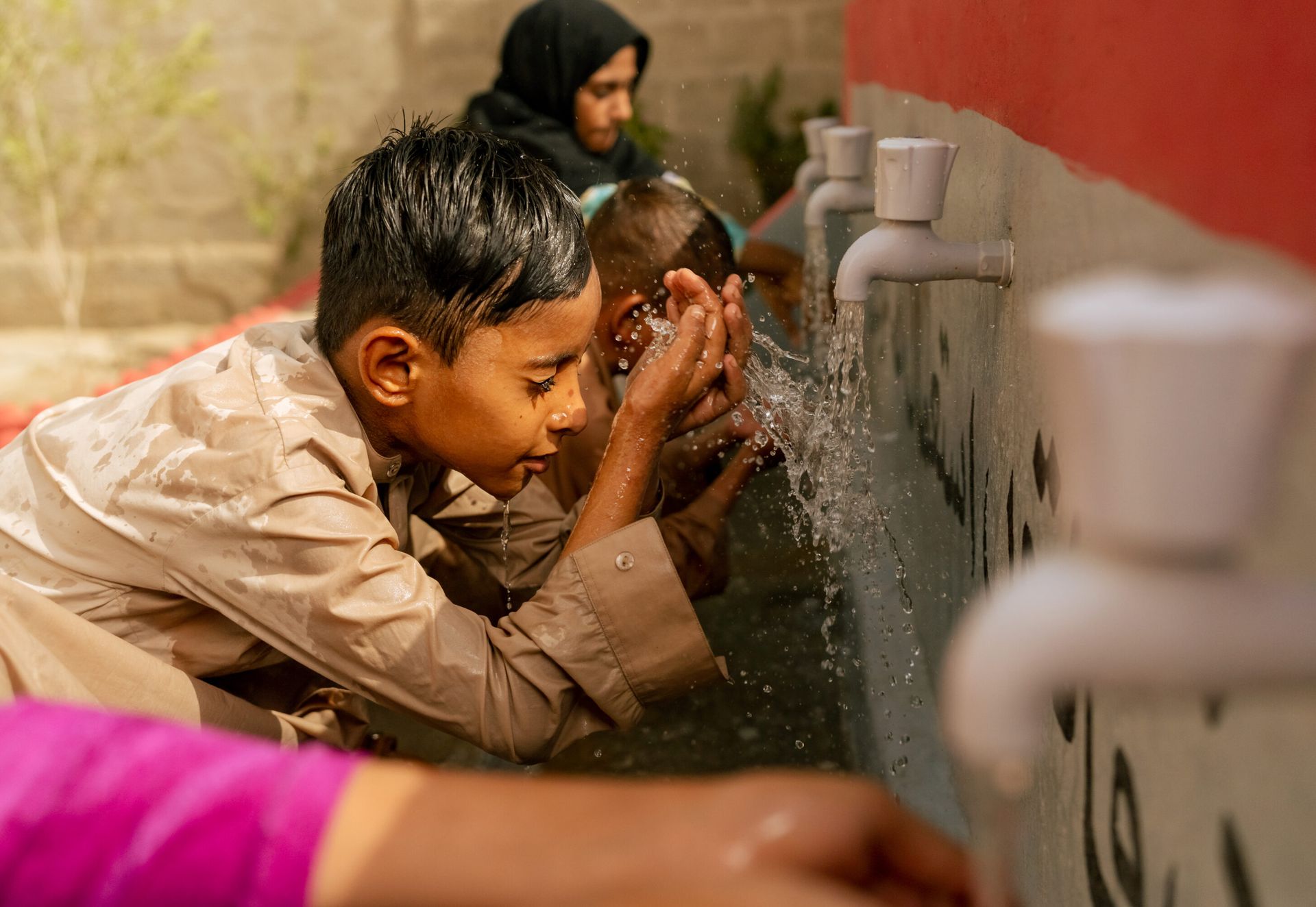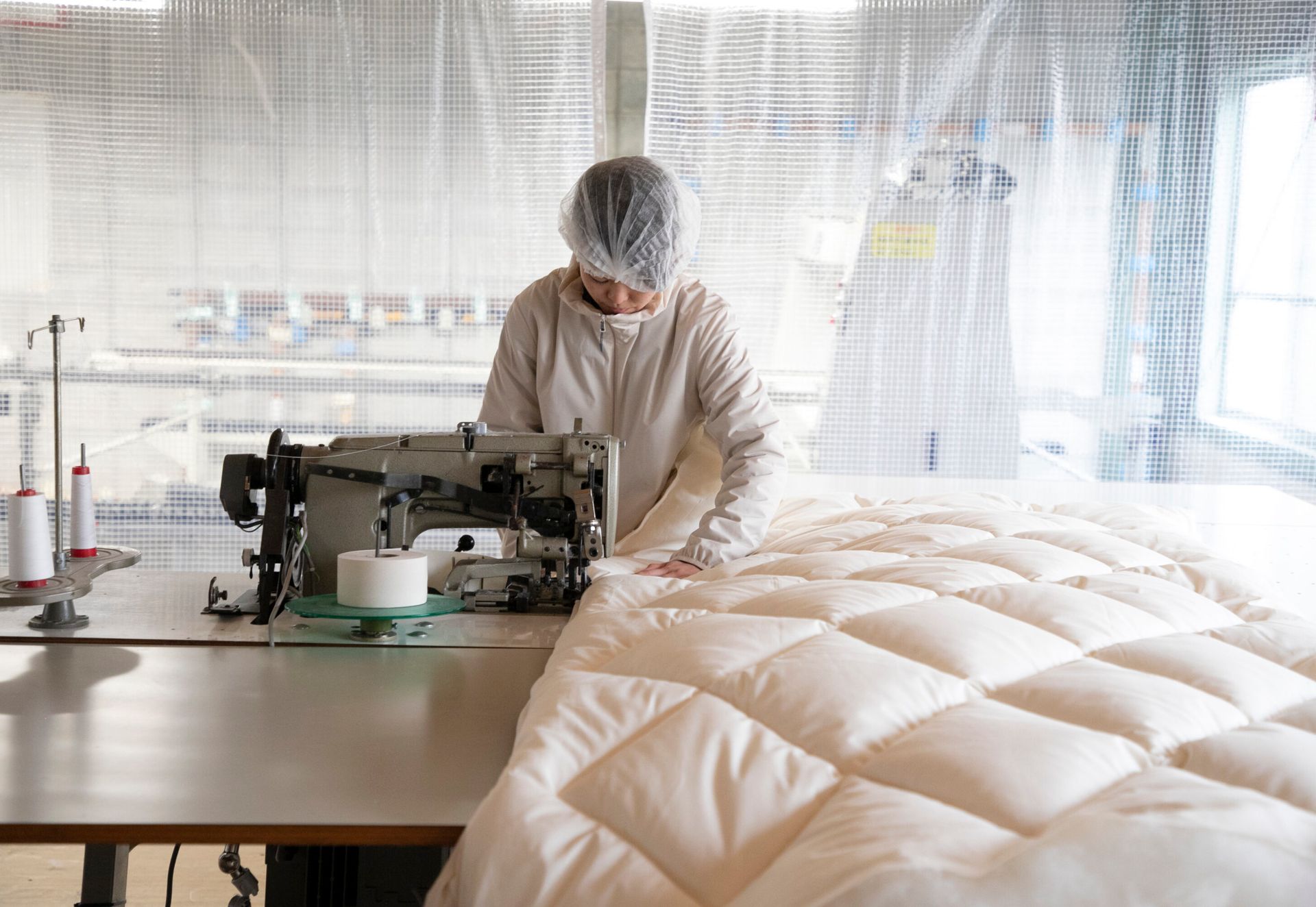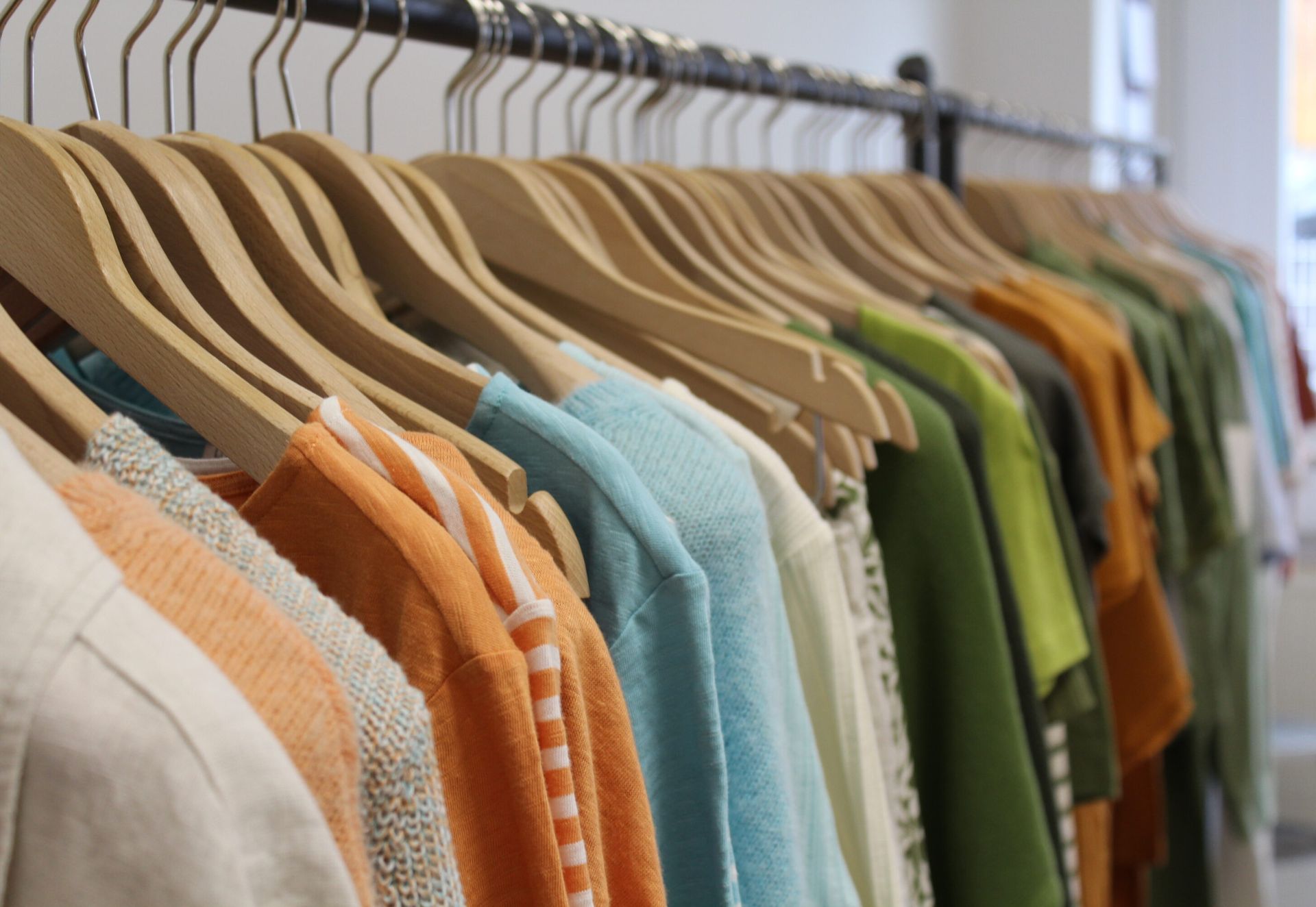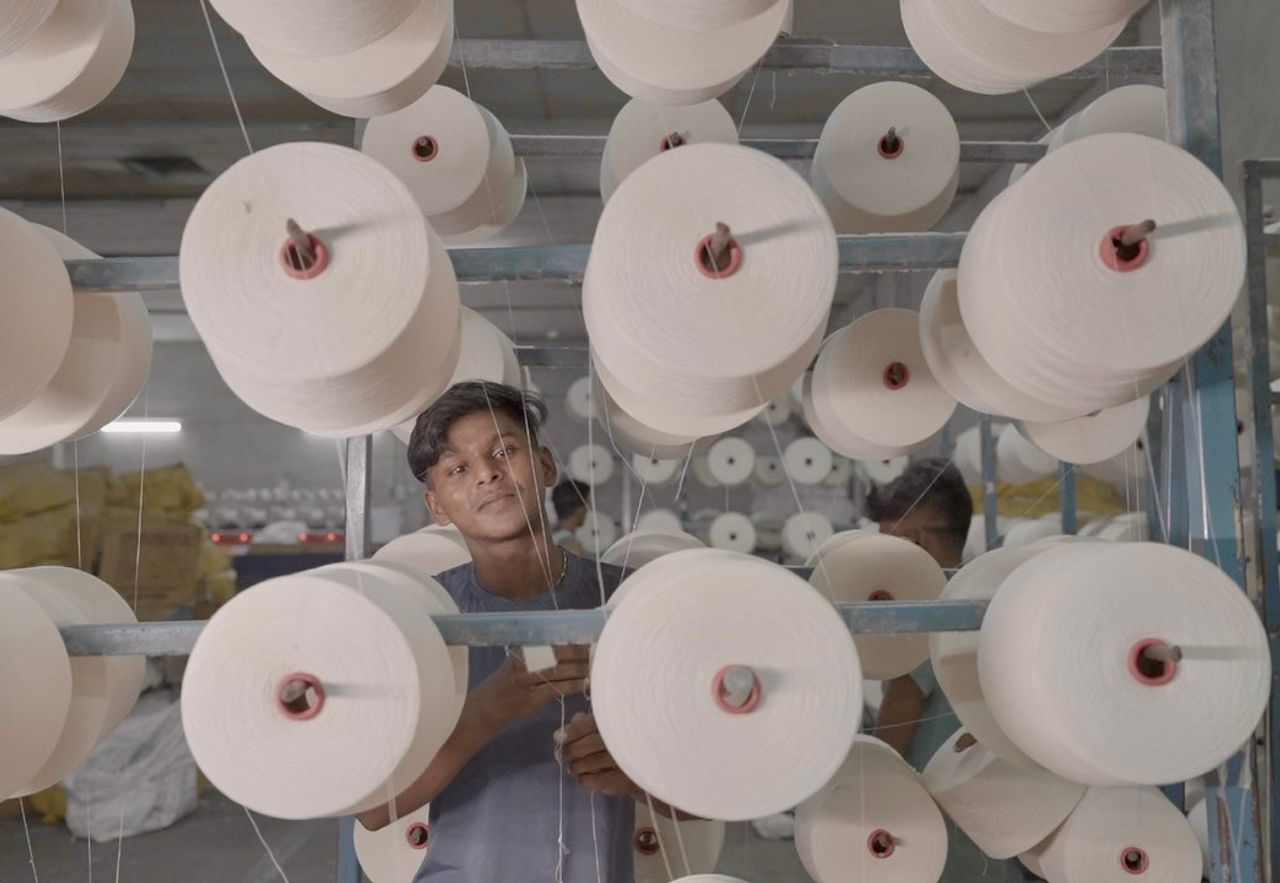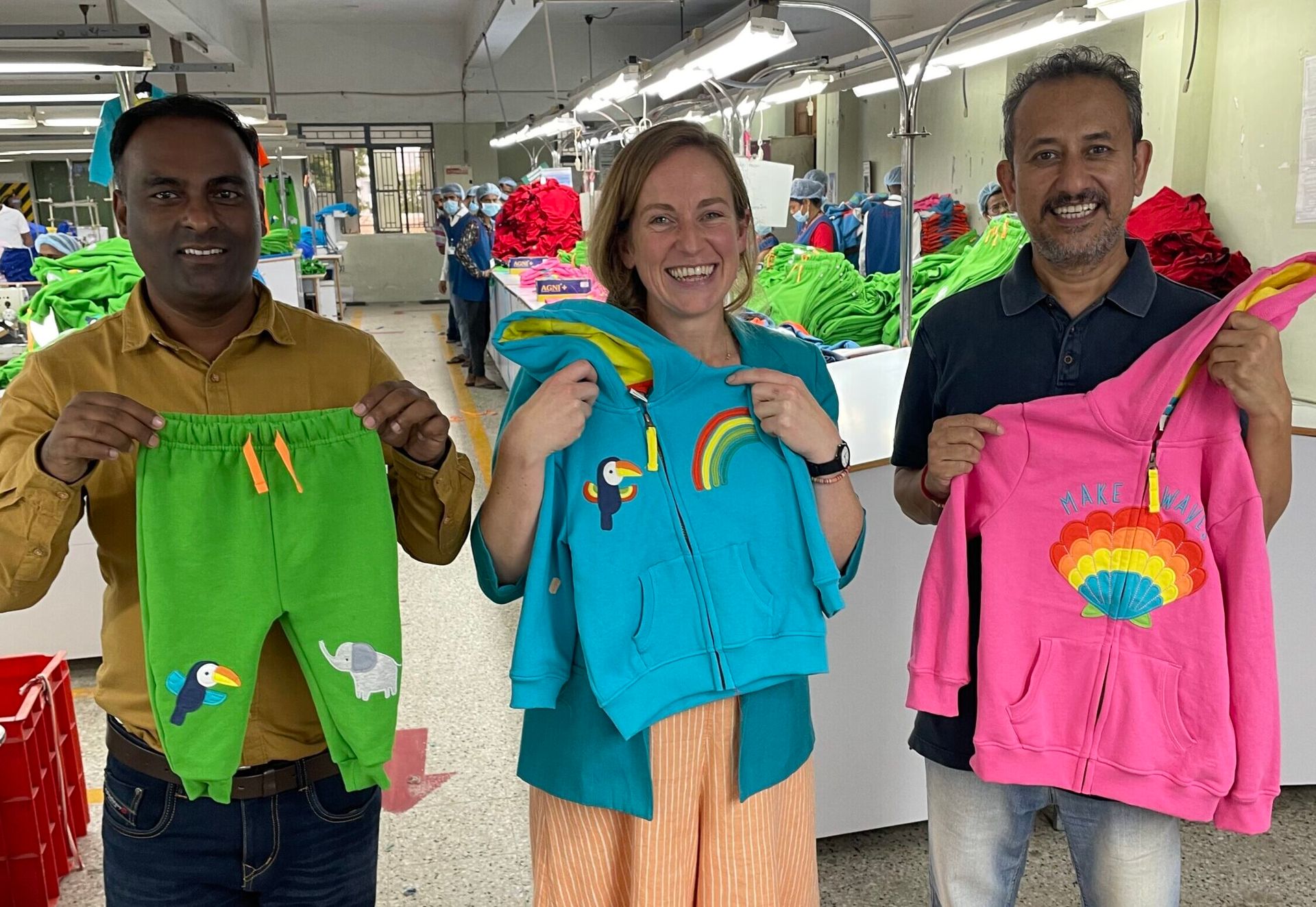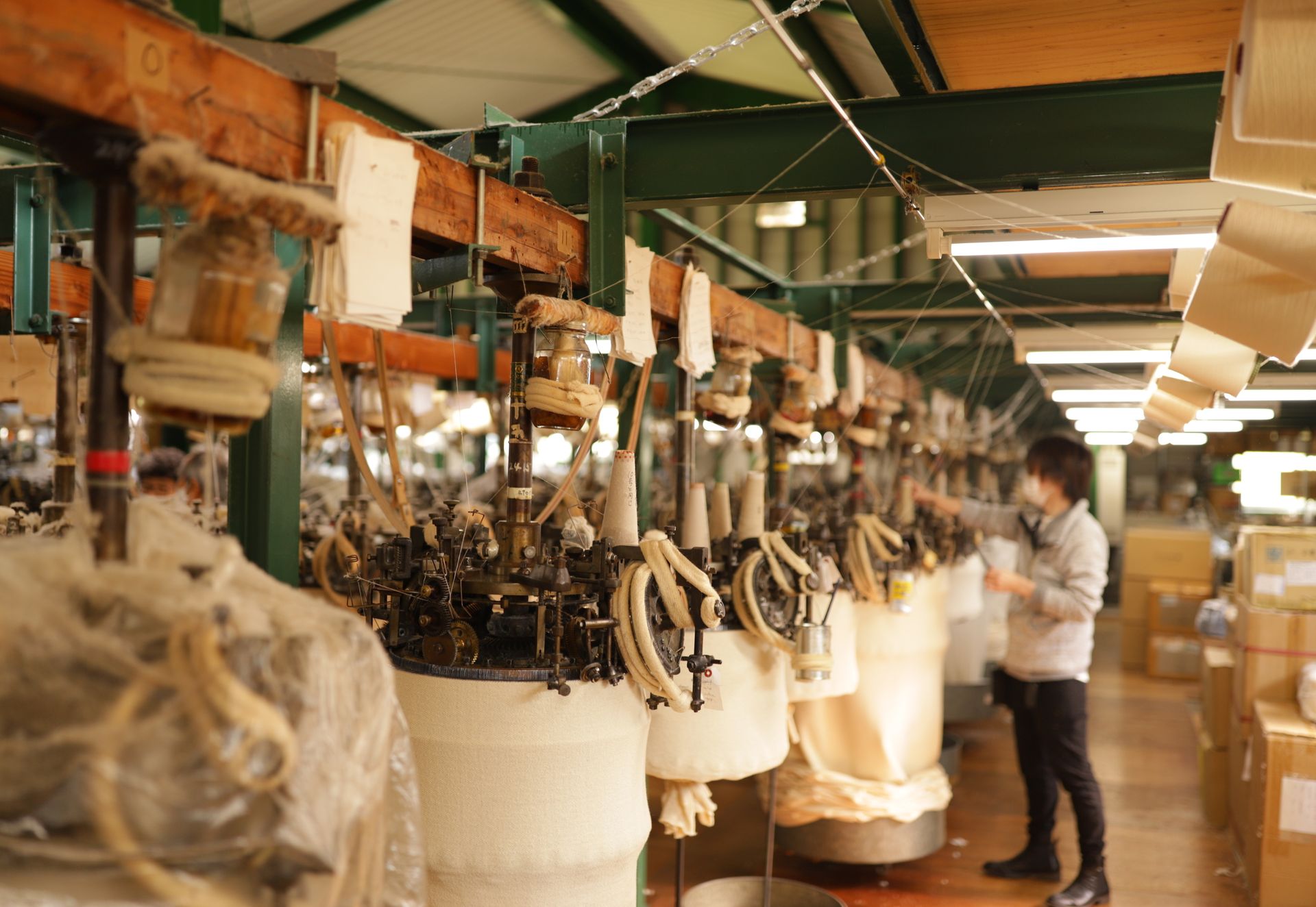Every year, on March 8, International Women’s Day shines a spotlight on the incredible work of women from every corner of the globe. It’s a day to honour their achievements across social, political, economic and cultural spheres whilst advocating for the equality and justice they deserve. Yet, many may not realise that this global celebration has its roots deeply entwined with the struggles of women in the textile processing industry.
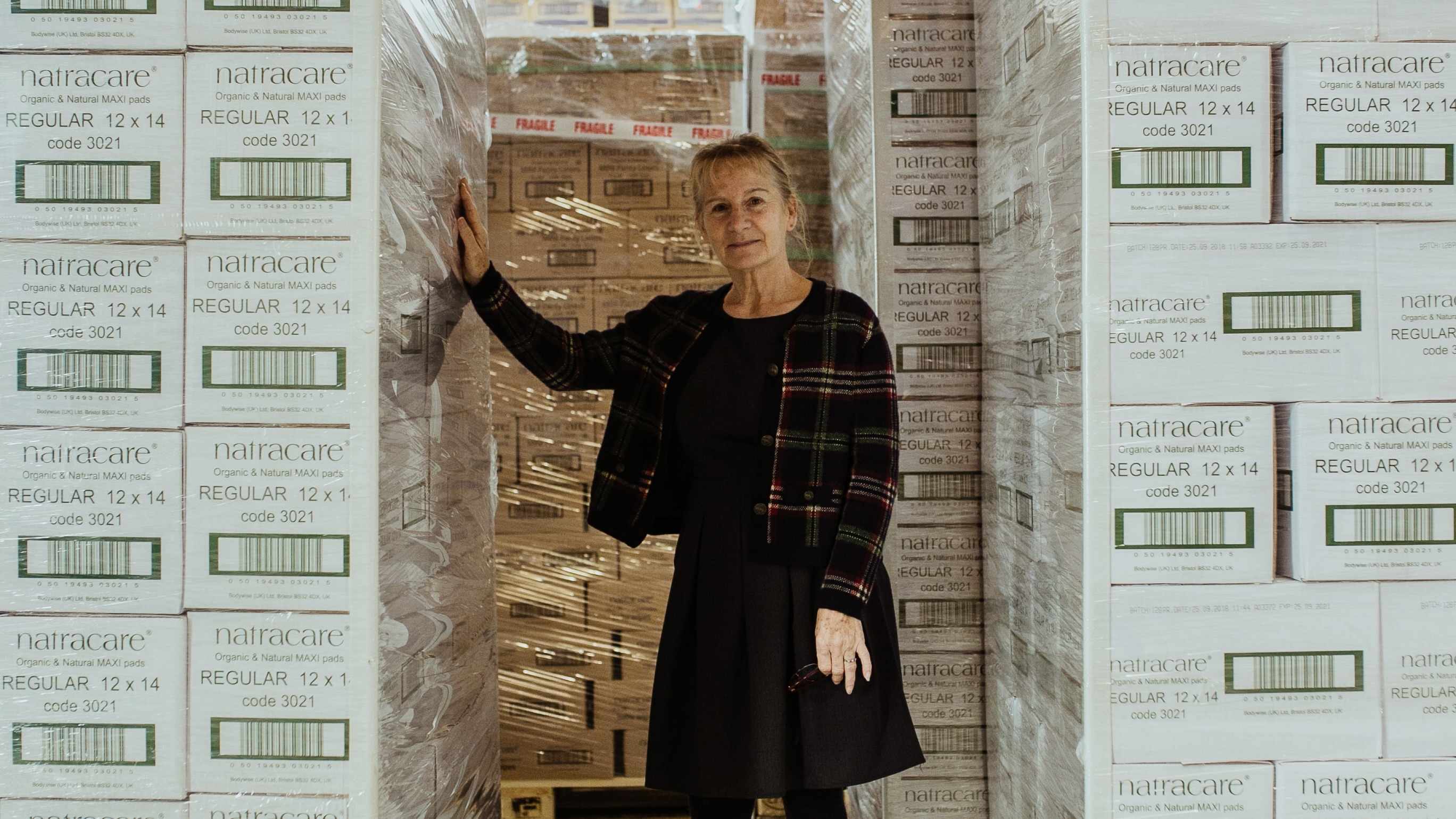
The Textile Industry: The Birthplace of Women’s Day
The history of International Women’s Day dates back to 1909, when women garment workers in New York City staged strikes to demand better working conditions, fair pay and recognition. These women, many of whom toiled in sweatshops under appalling conditions, had no institutional support or workplace protections. Their resilience and determination became the catalyst for change.
One of the central figures in this movement was Theresa Malkiel, a Ukrainian-born immigrant who had experienced firsthand the harsh realities of textile factory work. At just 17, Malkiel joined the workforce and quickly became an advocate for women’s rights. Her leadership during the strikes, supported by the Socialist Party of America, was instrumental in mobilising thousands of women to stand up alongside her against systemic injustices.
Their efforts inspired similar demonstrations across Europe, uniting millions in solidarity. By 1911, International Women’s Day had become a global phenomenon, advocating for workers’ rights, gender equality and suffrage.
The Role of GOTS in Advancing Women’s Rights
At GOTS (Global Organic Textile Standard), we recognise that the fight for equality is far from over. Women comprise a significant portion of the global textile workforce, with nearly 60% of garment workers globally being women according to the International Labour Organization, and often working in challenging environments. Our GOTS certification is not just about organic fibres – you probably know that by now – it’s about ensuring responsible and equitable treatment for all workers, with a strong focus on social criteria that directly impact women.
Key GOTS Social Criteria that Empower Women
- No discrimination: GOTS prohibits gender discrimination and ensures equal opportunities and rights for women in the workplace.
- Appropriate wages: The standard mandates appropriate remuneration, a critical factor in empowering women economically.
- Safe working conditions: By ensuring safe and hygienic workplaces, GOTS plays a crucial role in preventing the exploitation of women workers.
- Freedom of association: Women have the right to join unions and collectively advocate for their rights.
These requirements remain central to GOTS Human Rights and Social Criteria and are designed to empower women in the textile industry, offering them a platform to thrive in a sector historically marked by inequity.
Why Women’s Day Still Matters
Over a century has passed since Theresa Malkiel and her peers took to the streets. However, the challenges faced by women remain significant, especially in industries like textiles. Gender-based pay gaps, unsafe working environments and a lack of representation in leadership roles are just some of the issues that still need urgent attention.
International Women’s Day is not just a celebration; it’s a reminder. It’s a call to action for everyone to work towards a more equitable world. At Global Standard, we are deeply committed to this mission by fostering sustainable and socially responsible practices that uplift women and their communities.
Honouring the Legacy
As we celebrate women’s progress, let’s not forget the sacrifices of those who paved the way. Women who risked everything in the textile factories in the past laid the foundation for safer workplaces and stronger voices. Their legacy is a testament to the strength and resilience of women everywhere.
This International Women’s Day, let us commit to building a world where every woman, regardless of her background, is given a chance to thrive – and where the textiles we wear reflect the values of fairness, sustainability and equality.
How You Can Celebrate
One great way to celebrate the contributions, and sacrifices, of women in textiles is to support brands that champion sustainable, ethical and equitable practices. You can also read about and share stories of inspiring women, recognising the countless contributions of women who shape the textile industry and beyond.
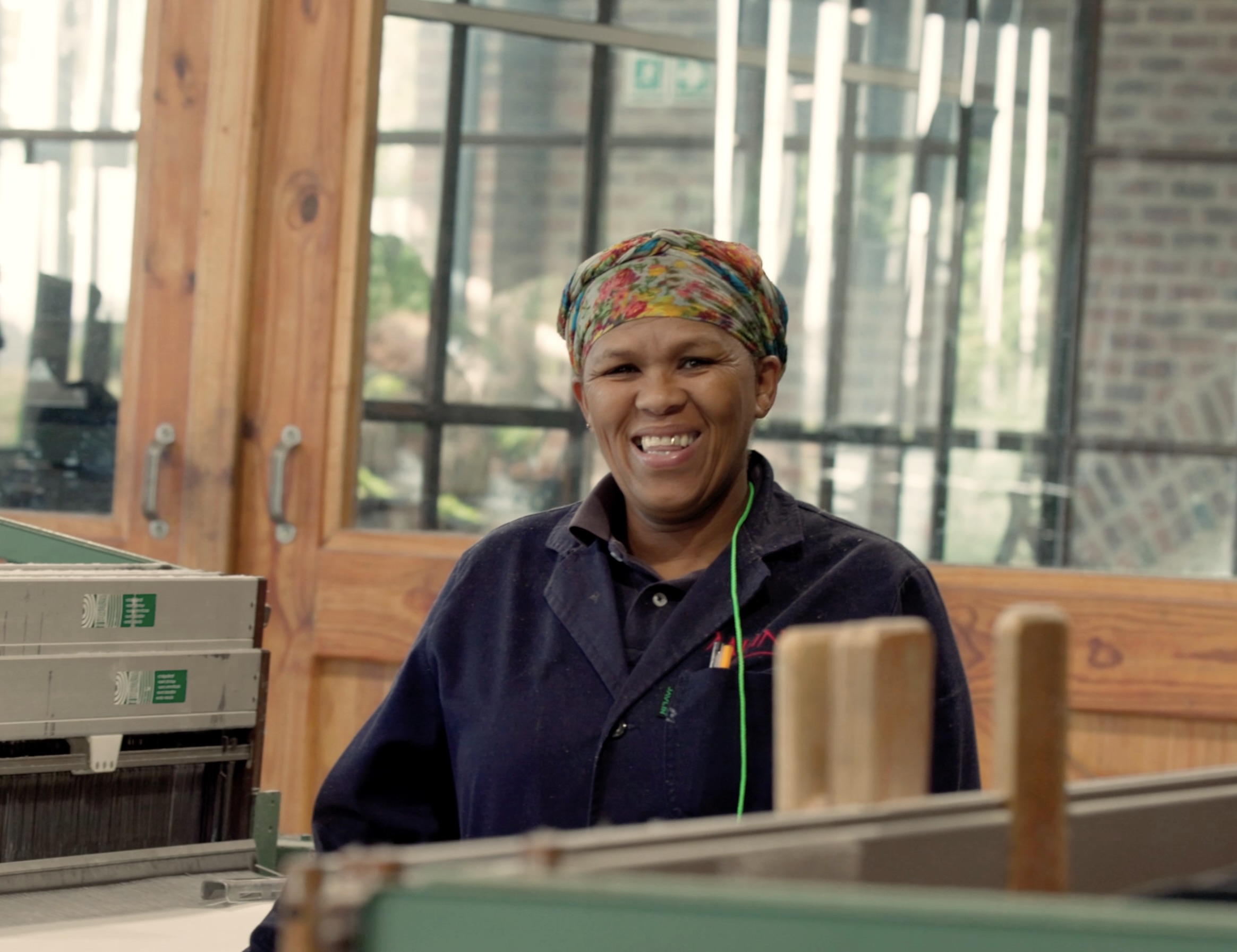
Screenshot
